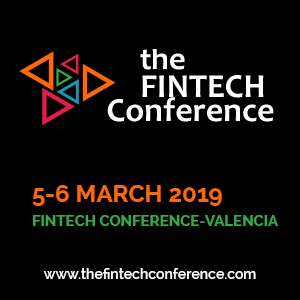By Nicky Morris
Today Poland’s largest bank PKO Bank Polski (PKO) launched its blockchain document authentication system. Over the next few days, the bank will send out new product regulations to more than 5 million customers. Each client can verify the authenticity of the document using blockchain.
Every document has a hash or fingerprint, and the customer can go online to verify that the hash matches.
The bank needs to send out regulations because of the new European and national rules governing access to banking data by external entities. The 5 million customers represent more than half of PKO’s customers who have signed up for digital notification.
“Blockchain has great potential to increase the competitiveness of the Polish banking sector. This is a relatively new technology for which further applications are constantly being found all over the world,” said Adam Marciniak, VP of PKO.

Coinfirm
The project was developed jointly with the National Clearing House and Polish-British company Coinfirm.
The startup has it’s own blockchain technology called TruDatum. When they first announced the project six months ago, they also stated the plan is to confirm transactions in a similar way. However, that part has not yet been implemented.
“Implementation of Trudatum in such a large institution as PKO Bank Polski is a breakthrough on a global scale. This shows that the Polish financial industry is still open to innovation and sets international trends. We can be proud of how quickly and efficiently implement new technologies,” said Pawel Kuskowski, President of Coinfirm.
PKO has a program to engage with fintechs actively. Hence, they gave Coinfirm as an example of the sort of success this can create. In a statement, the bank said: “when the company started its cooperation with the bank a year ago, it was a small startup with a team of over a dozen people. Today, the company employs over 100 people”.
However, Coinfirm also actively engaged in the ICO market providing know your customer services. Plus they conducted their own ICO which raised $18 million. No doubt, the relationship with such a significant bank must have offered priceless credibility.
Similar projects
In Austria, EY is helping Vienna to authenticate government documents such as bus routes. And last November energy company EDF released a system to authenticate press releases. When you consider the recent terror attacks and EDF’s important role in utilities, the need to verify a press release becomes apparent.





























